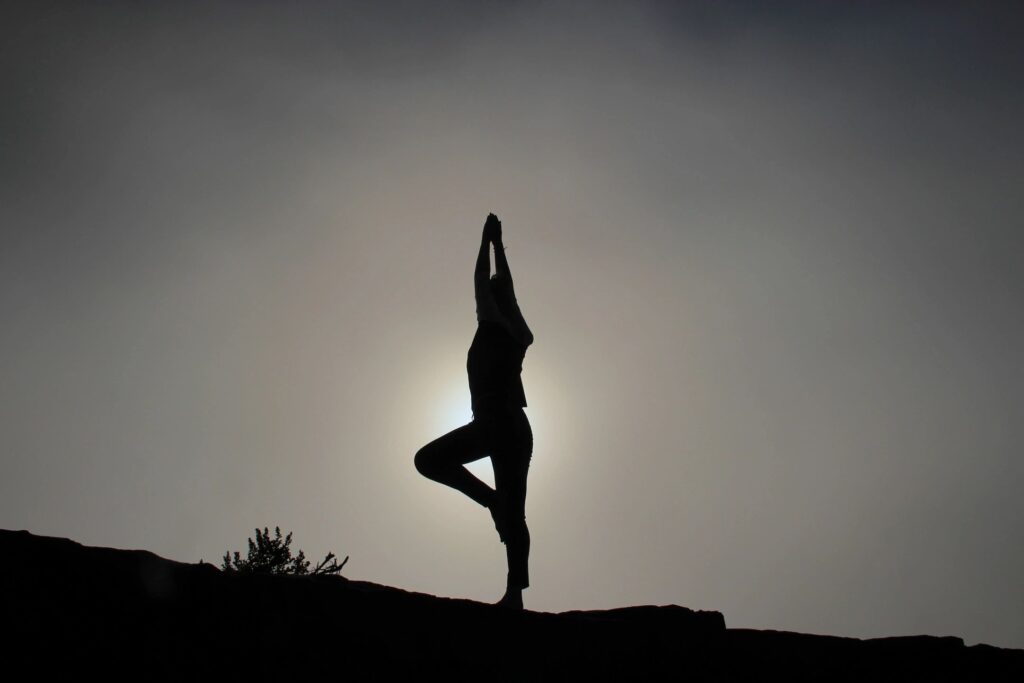Here’s what I’ve found to be true across the board with regards to anger:
1) Anger is a naturally occurring emotion for human beings.
2) Anger is a defensive response to feeling threatened, hurt, or vulnerable,
3) Anger can be an important step in healing trauma, injustice, or betrayal.
4) Anger is message from yourself that your needs are not being met and that you need to set some boundaries.
4) Holding on to anger without resolution can cause just as much harm as the reason that it exists to begin with.
5) Letting go of anger doesn’t mean condoning the harm that was done to you, or that you should give the other person another chance.
Perhaps the answer to the question “helpful or harmful?” is: Either, depending on how we use it and respond to it. For example, if we judge ourselves for feeling angry, it makes it worse because we’ve now added an additional layer of negative emotion on top of the anger itself. If we distract ourselves from it or push it away, it will fester and manifest in other harmful ways like lashing out at people who don’t deserve it. Just because you try to ignore the elephant in the room doesn’t mean the elephant isn’t there. If we wallow in it and just let it sit there, it can consume us emotionally, zap ourselves of joy, and close our hearts to life. You may be familiar with this idea: “Holding on to anger is like swallowing poison and expecting the other person to die,” or “If you hold on to anger, you might as well dig two graves because it will kill you.” Simply feeling really angry doesn’t actually protect you from further harm, nor does it change what happened or hurt the other person directly. However it will hurt YOU directly since you are the one experiencing the strong emotion.

On the other hand, if we express and channel anger in a meaningful way, it can be empowering. If we can take a positive action step toward justice and reclaiming our power that doesn’t involve harming others, it is always reparative. It is myth that harming the other person will resolve the anger. You might temporarily feel safer or more powerful, but it isn’t long-lasting and you will have then caused more harm which is not going to help you grow through the situation. Instead when we can fully acknowledge a wrong-doing, allow ourselves to feel the anger without judgment, know that what happened wasn’t okay, then we can use that experience to take what’s called “right action” in the Buddhist tradition and work toward preventing another injustice related to the situation. Here’s an example:
I had a client who was in an abusive marriage. I’ll call her Lisa. She struggled for a long time with whether to leave and how to leave, all the while feeling resentful, stuck, angry at her husband (and herself for marrying him), and it became the entire focus of her emotional life. When she finally did leave with her daughter and was able to create a new life for herself, she found she was still very angry (though relieved as well). While anger is clearly an appropriate response to being mistreated, it isn’t constructive as far as enjoying life is concerned. After talking about the anger and being able to name specifically what needs were not met for her in the marriage, Lisa decided to volunteer at the local domestic violence shelter where she became an emergency hotline responder. She felt this would be a productive way to use her experience to help others in similar situations and in the process reclaim her power so that she didn’t feel the need to hold on to the anger. Remember, if we are recognizing anger as a defense in response to feeling vulnerable, then when we can create safety and empowerment, we no longer need that defense and can breathe again. Lisa discovered that taking this action step in the service of having a reparative experience for herself (and others) was the most helpful thing for resolving her anger. She didn’t have to throw rocks, scream for hours, or punch a punching bag. (Side note: Sometimes this kind of thing can help but other times it can actually make the anger more intense). For Lisa, her anger simply transformed during the process as she was taking action. Sometimes even a small step is very meaningful and much more effective than talking about it session after session in therapy. Simply talking about it can make it even stronger since it’s being focused on with no “right action.” We hold our emotions physically, so it makes sense that we need to DO something with them rather than just talk about them.

Along those same lines, another tool I’ve found helpful in working with stuck anger is yoga. Yoga releases held emotions in small increments so it’s not overwhelming. The combination of slow, deep breathing with gentle and mindful movement can work wonders. There is science behind the specific yoga poses as well as far as targeting various bodily systems and organs in the service of releasing what we don’t need. Yoga also creates balance and strength physically, which helps lessen feelings of vulnerability. Again, if you are feeling strong and empowered, there’s no need to hold on to anger to create the illusion of safety. If you’ve ever attended a yoga class, you may have heard the instructor invite you to create an intention for your practice. You can have your intention to be to let go of any emotional energy that doesn’t serve your growth or highest good. You can then focus on exhaling this emotional energy which will create more space inside yourself for joy, freedom, and forward movement. Who wants to live every day feeling angry, bitter, and stuck? That’s a slow death in my opinion. Life’s too short to waste negative emotional energy on someone else’s wrong-doing, no matter how awful it was. If you are struggling with anger or how to transform something from your past, contact me to schedule your free consultation. I look forward to meeting you!
